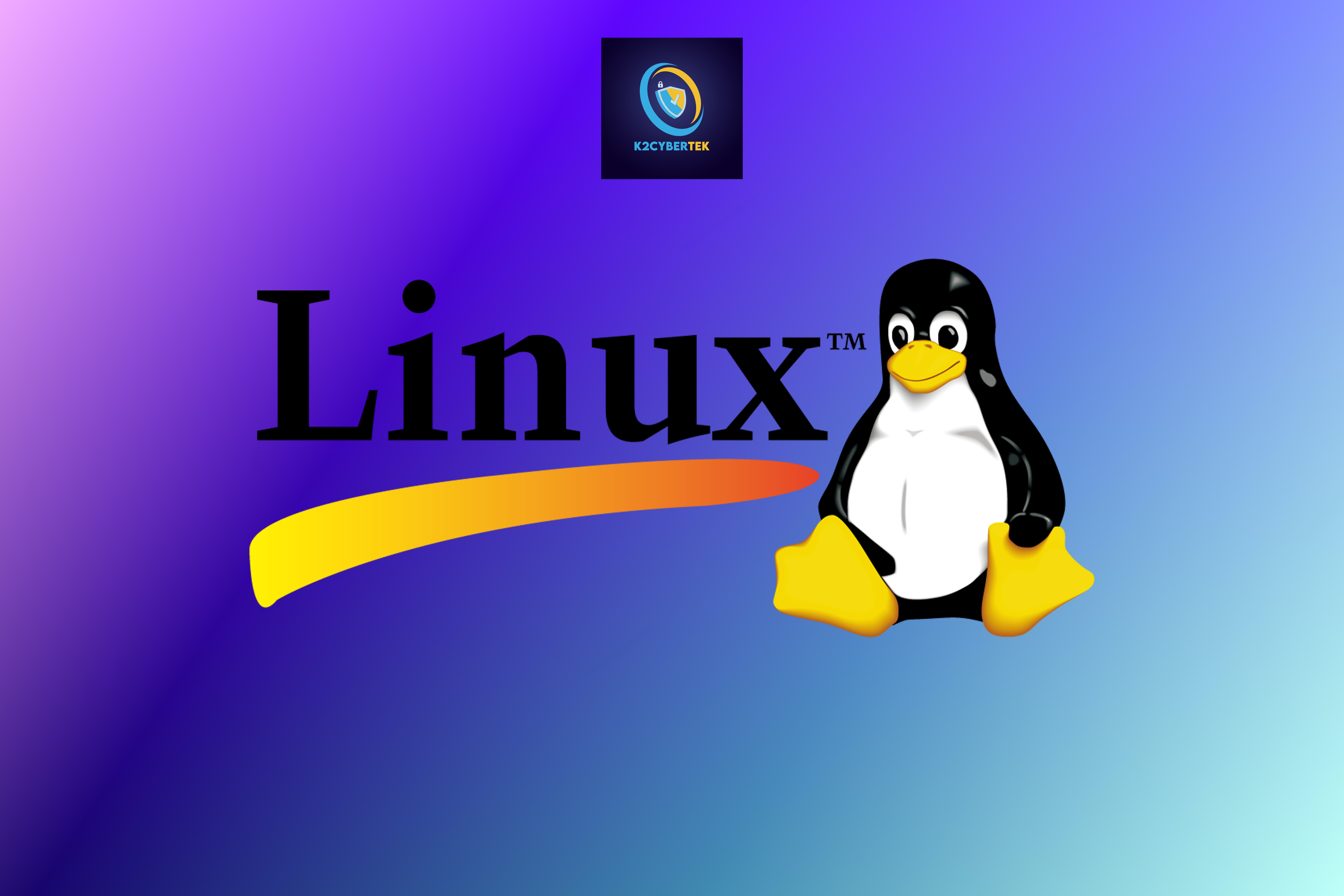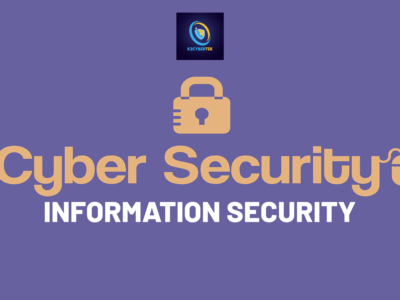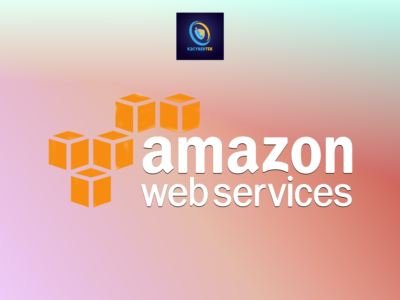
Overview
Course Description
The Linux System Administration and Management course is designed to provide learners with a thorough understanding of the Linux operating system. This course covers essential commands, system administration, scripting, and network configuration. Through hands-on exercises and real-world scenarios, students will gain the skills necessary to manage and troubleshoot Linux environments effectively. This course is ideal for aspiring IT professionals, DevOps engineers, and cybersecurity experts.
Course Objectives
- Understand the fundamentals of the Linux operating system
- Master essential Linux commands and utilities
- Learn system administration tasks including user and group management, file permissions, and process control
- Develop skills in shell scripting and automation
- Configure and manage Linux networking and security
- Prepare for industry-recognized Linux certification exams
Target Audience
- Aspiring IT professionals
- System administrators
- DevOps engineers
- Cybersecurity professionals
- Anyone interested in learning Linux
Course Outline
Week 1: Introduction to Linux
- History and evolution of Linux
- Linux distributions and their differences
- Installation of Linux (virtual machines and physical hardware)
- Basic Linux commands and navigation
Week 2: Linux File System and Management
- Understanding the Linux file system hierarchy
- File and directory management
- Disk partitions and file system types
- Mounting and unmounting file systems
Week 3: User and Group Management
- User and group creation and management
- Understanding file permissions and ownership
- Special permissions (SUID, SGID, and sticky bit)
- Managing user and group policies
Week 4: Process Management
- Understanding Linux processes
- Monitoring and controlling processes
- Process scheduling and automation with cron and at
- Managing system performance
Week 5: Shell Scripting and Automation
- Introduction to shell scripting
- Writing and executing basic scripts
- Using variables, loops, and conditional statements in scripts
- Automating administrative tasks with scripts
Week 6: Linux Networking Fundamentals
- Network configuration and management
- Understanding IP addressing and subnetting
- Configuring network interfaces and routing
- Troubleshooting network issues
Week 7: Network Services and Security
- Introduction to network services (SSH, FTP, HTTP)
- Configuring and securing SSH
- Managing firewalls with iptables and firewalld
- Securing Linux systems
Week 8: Package Management
- Understanding package management systems (APT, YUM)
- Installing, updating, and removing software packages
- Managing repositories
- Building and installing software from the source
Week 9: Advanced System Administration
- Managing storage and file systems
- Configuring RAID and LVM
- Backup and recovery strategies
- System logging and monitoring
Week 10: Virtualization and Cloud Computing
- Introduction to virtualization technologies (KVM, VirtualBox)
- Setting up and managing virtual machines
- Understanding cloud computing concepts
- Deploying Linux instances on cloud platforms (AWS, Azure)
Week 11: Preparation for Certification Exams
- Overview of industry-recognized Linux certifications (CompTIA Linux+, RHCSA, LFCS)
- Exam preparation strategies
- Practice exams and study resources
- Review of key concepts
Week 12: Capstone Project and Final Review
- Hands-on capstone project to demonstrate learned skills
- Presentation of project findings
- Final review and Q&A session
- Course wrap-up and feedback
Learning Outcomes
By the end of this course, students will be able to:
- Navigate and operate the Linux file system and command line interface
- Perform user and group management tasks
- Manage system processes and automate tasks using shell scripting
- Configure and secure network services
- Implement effective system administration practices
- Prepare for and pass industry-recognized Linux certification exams
Certification
Upon successful completion of the course, students will receive a Linux System Administration and Management certificate from K2cybertek, recognized worldwide by top companies. This certification will enhance your career prospects in IT, DevOps, and cybersecurity.
Course Features
- Lectures 33
- Quiz 0
- Duration 24 weeks
- Skill level All levels
- Language English
- Students 149
- Certificate No
- Assessments Yes






